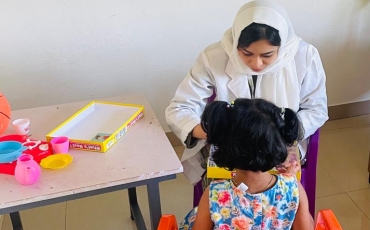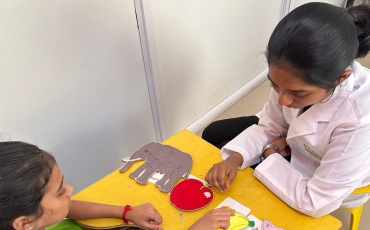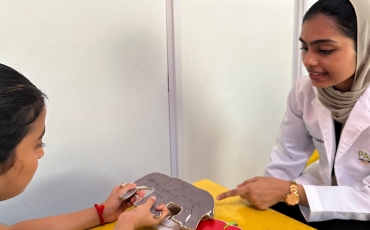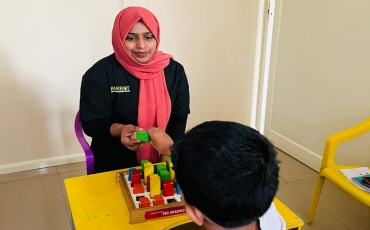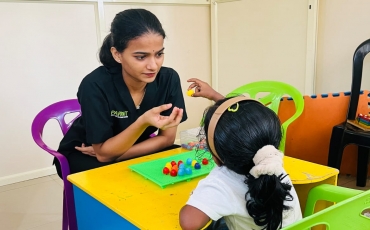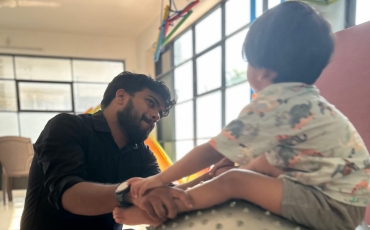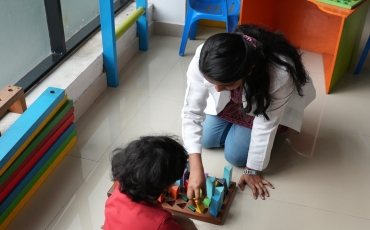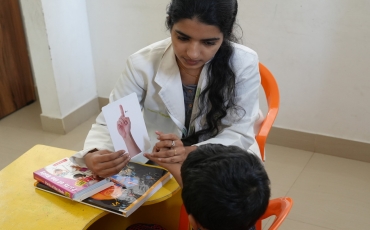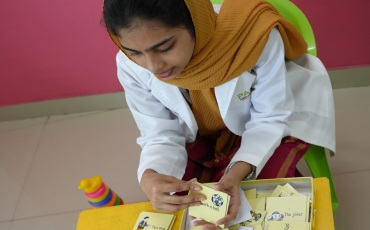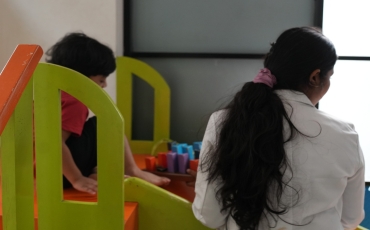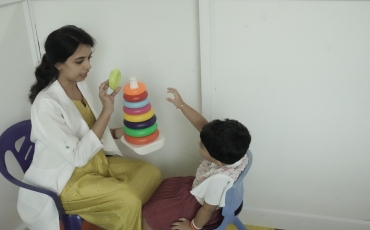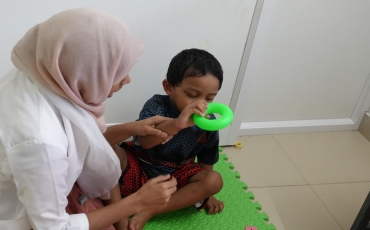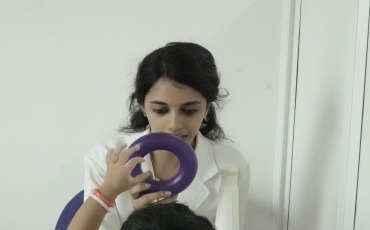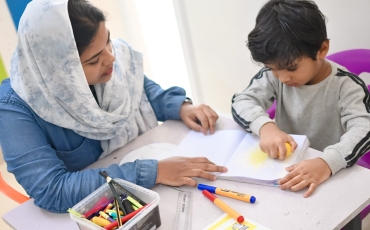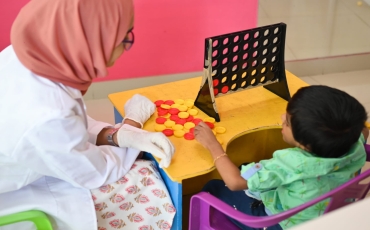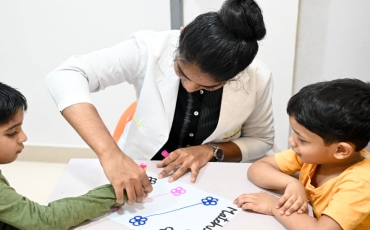Visual perceptual Disorder
Introduction:
Visual-motor skills have been defined as “the ability to integrate the visual image of letters or shapes with the appropriate motor response”. visual-motor skills can be thought of as being multifaceted and influenced by a
number of factors (e.g., pencil grip, fine motor skills, eye–hand coordination, kinesthesia, motor planning, and visual-perceptual skills).
With Swiss reliable movements, perfect super clone omega watches uk for men have high quality.
You cannot miss top replica watches uk online with Swiss movements! Place an order online quickly!
Visual perception disorder:
Visual perception disorder, refers to deficits in the ability to make sense of information that is taken in through the eyes. Deficits with visual processing affect how visual information is interpreted or processed by the brain.
Causes of Visual perception disorder:
Disorders of visual perception occur as a result of acquired brain injury such as stroke, traumatic brain injury, brain tumour , or disease including dementia.
Areas of impairment:
The different areas of visual perceptual impairment are
1. Agnosia refers to the inability to recognize and classify objects shapes, people, words, and colour in a variety of settings.
2. Visuospatial skills involve the ability to relate oneself to the position, direction or movement of objects, or direction of points in space. Disorders of body scheme are termed visuospatial skills as they relate to a defective understanding of body position and relation of body parts to each other.
3. Visuoconstructional skills encompass the ability to organize a number of parts into a whole including two- and three-dimensional building and assembly tasks, and drawing/written tasks (graphomotor skills). Constructional disorders are classified as apraxias.
4. Apraxia is the inability to perform learned and skilled purposeful movements in the absence of loss of motor power, sensation, or coordination, or language comprehension problems.
5. Acalculia or spatial dyscalculia refers to difficulty calculating arithmetic problems as a result of confusion in understanding the relative position of numbers and the meaning of mathematical symbols.
Treatment:
If your child has difficulties with visual perception, it is recommended they consult an Occupational Therapist. Occupational therapists work on the visual perceptual skills of your child and make them independent on their own. They also work on the other skills incorporated with these visual perceptual skills by assessing the underlying problems.


